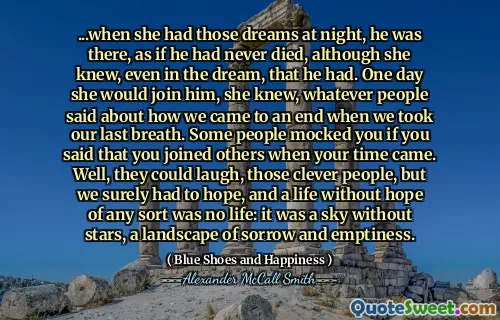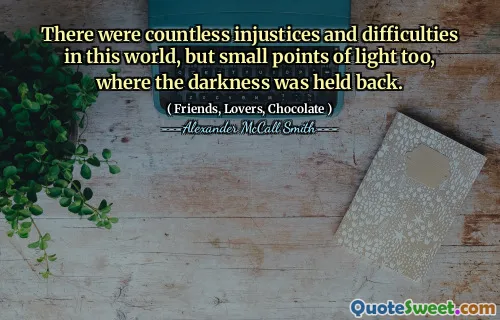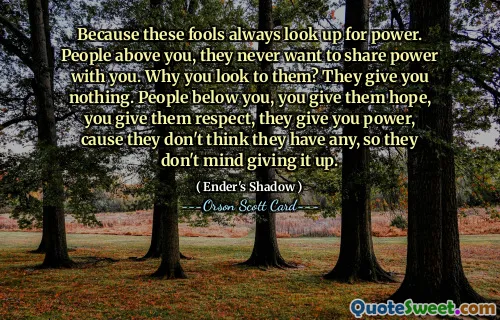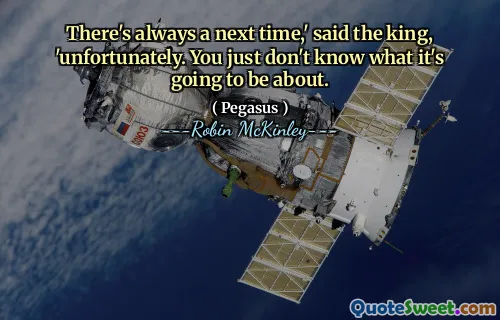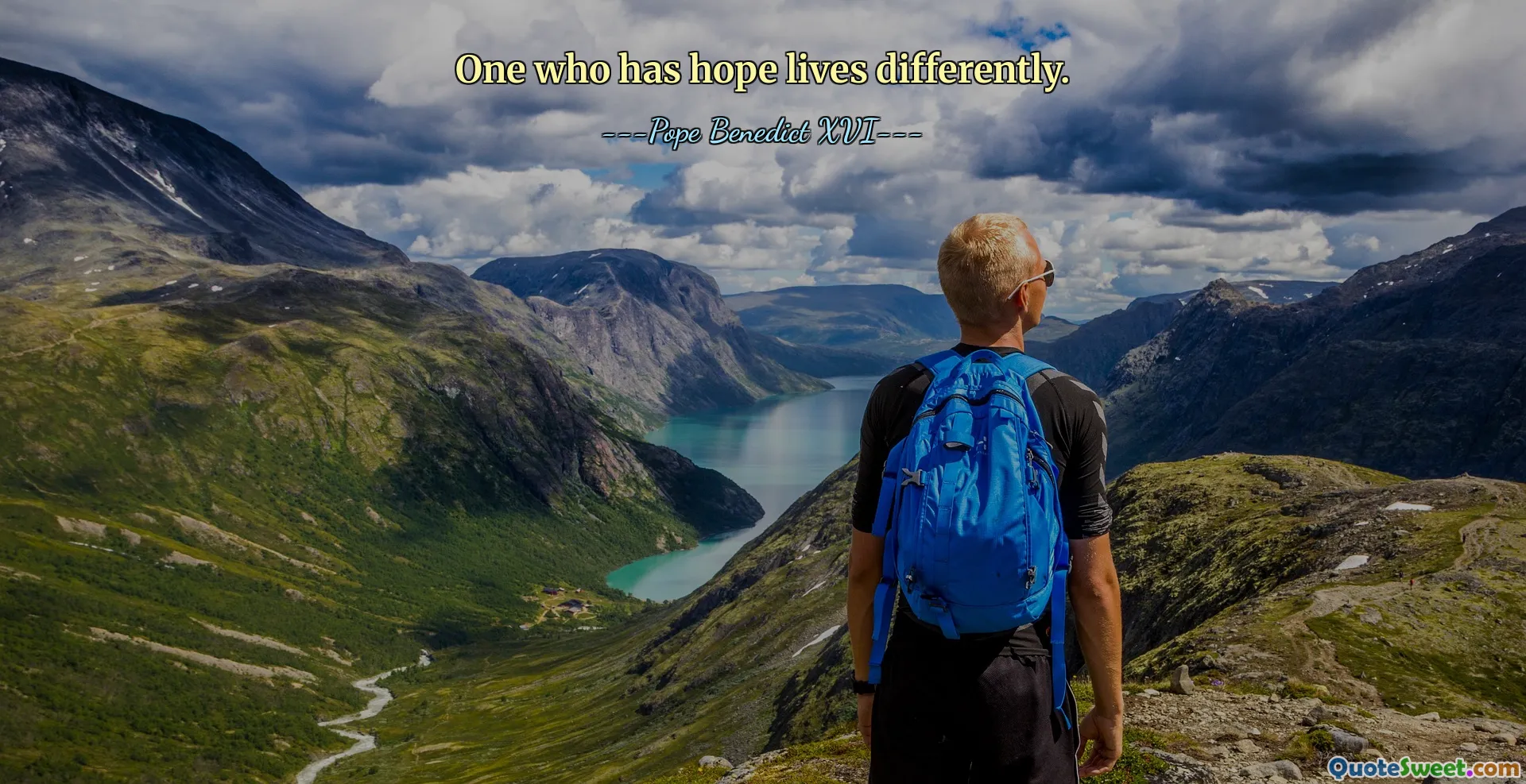
One who has hope lives differently.
Hope functions as a fundamental anchor in the human experience, shaping not only how individuals perceive their circumstances but also how they respond to life's challenges. When someone possesses hope, their approach to daily struggles and unforeseen hardships transforms; they are more likely to persevere, maintain optimism, and seek solutions rather than succumb to despair. This optimistic outlook fosters resilience, creating a mindset where setbacks become opportunities for growth rather than insurmountable barriers. In practical terms, hope can motivate individuals to pursue their goals with renewed vigor and a belief in eventual success, which in turn influences their behaviors, relationships, and overall well-being. Psychologically, hope contributes to emotional stability, reducing feelings of hopelessness and depression. Socially, hopeful individuals often inspire others around them, creating ripple effects that promote collective perseverance in communities facing adversity. Philosophically, the concept underscores the importance of mindset in shaping experience; hope is not just passive wishfulness but an active force that encourages effort and persistence. Ethically, hope can inspire altruism and compassion, as believing in better outcomes for others fuels acts of kindness and support. Ultimately, this quote reminds us that hope is not merely a frivolous emotion but a vital element that can influence our entire way of living, guiding us to face life’s uncertainties with courage and a positive outlook.







